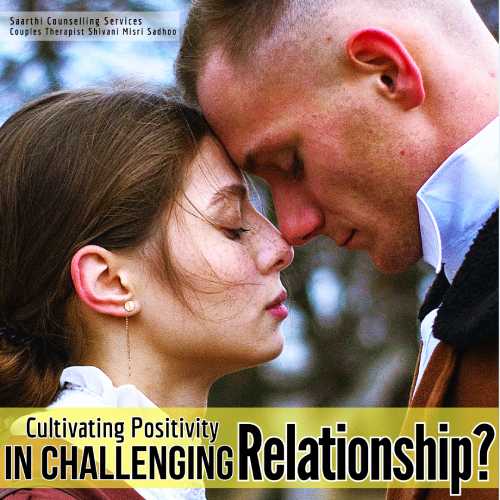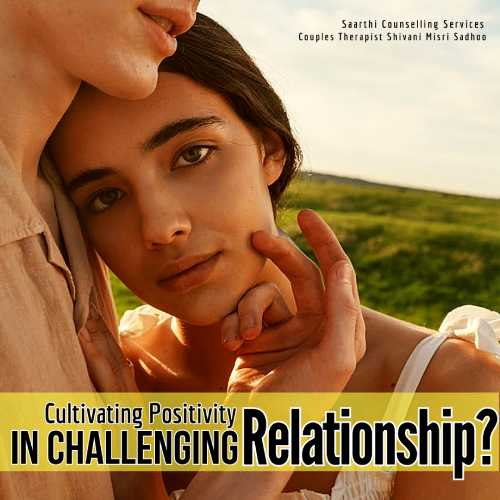Marriage is a commitment between two individuals to share their lives, support each other through thick and thin, and build a future together. Have you ever heard of someone saying they feel single at heart despite being married? It sounds like an oxymoron, doesn’t it? However, it’s actually quite common for someone to feel single at heart even while being married. You might be wondering why! Leading marriage counselor in Delhi, Shivani Misri Sadhoo sheds light on the intricacies of the human psyche that contribute to this seemingly contradictory experience.
Can one still be single at heart despite being married?
Relationship expert and couples therapist Shivan Sadhoo shares insights on the same. Here they are?
1. Sense of Individuality remains untouched
Marriage represents a legal and social agreement that unites two individuals, yet their inner sense of self remains distinct. Being single at heart within a marriage doesn’t signify dissatisfaction or a lack of commitment; instead, it’s about honoring one’s uniqueness within the marital bond. The journey of marriage brings together two individuals, each with their own personality, dreams, and aspirations. Despite the unity in marriage, one’s individual essence remains intact. People may feel “single at heart” when they desire moments of personal space and self-discovery.
2. The Feeling of Autonomy
Some people feel happiest when they have their own space and freedom, even if they’re married. They value doing things on their own and growing as individuals. It’s not that they don’t love their partners or avoid commitment in their relationship; it’s just part of who they are. They find joy in being alone sometimes and pursuing their own interests. Feeling “single at heart” means they can maintain their independence and take care of themselves emotionally, even while being married.
3. Living Apart Together
Living apart together is a trend where married couples choose to have their own homes instead of living together. It’s not because they have to, but because they want to. Some couples even live in the same house but have separate spaces. Research shows that even when couples live together, they may spend less time doing things together compared to the past. This doesn’t mean people want to be alone all the time.
What they’re really looking for is finding the right balance between being alone and being together. This search for balance is something that goes beyond marriage, age, or any other differences. It’s like having the freedom to be yourself without feeling like you always have to be with your partner. This independence can actually strengthen your relationship because it gives each person space to grow and pursue their interests.
4. When Reality Bites
When we think about marriage, we often have certain ideas about what it should be like. But sometimes, what we expect doesn’t match up with what actually happens. This difference between expectations and reality can make us feel disconnected like we’re missing out on the freedom we associate with being single. Society often tells us that when we get married, we’re supposed to become one with our partner, like we’re no longer individuals.
But that’s not always how it works. Each person still has their own dreams, desires, and way of looking at things. Feeling like you’re more single at heart when you’re married isn’t necessarily a bad thing. It means you value your independence and want to stay true to who you are, even in a relationship. It’s important for society to understand that marriage can mean different things to different people. We need to change the way we think about marriage so that everyone’s unique way of loving and finding fulfillment is respected and celebrated.
5. Communication Gap
When communication falters in marriage, partners may feel emotionally distant. This gives a feeling of being ‘single at heart’. This sensation suggests a need for nurturing the marital bond. By openly discussing personal desires and goals, couples can bridge this gap, promoting deeper understanding and connection.
Thus, we know that feeling “single at heart” within a marriage doesn’t imply dissatisfaction; it’s about preserving individuality, embracing autonomy, seeking balance, confronting reality, and addressing communication gaps.



